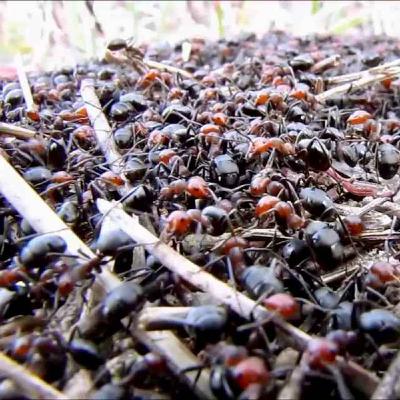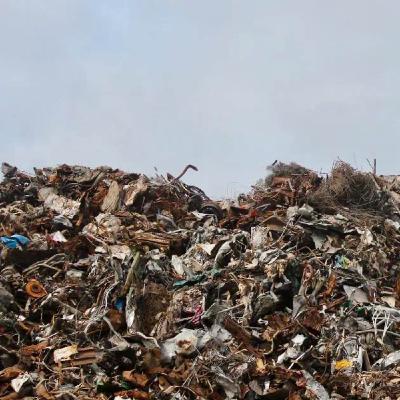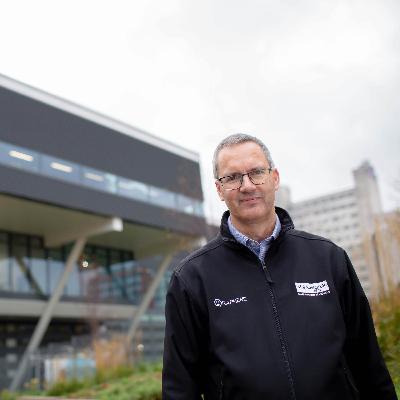
Create the Future
Author: Queen Elizabeth Prize for Engineering
Subscribed: 62Played: 1,295Description
Engineering is for everyone and impacts all our lives. At this crucial moment for humanity, it couldn’t be more relevant to listen to engineers, thinkers, and designers as they debate how our future could - and should - look.
Hosts Roma Agrawal MBE, George Imafidon MBE, and Guru Madhavan facilitate deep conversations about how we might restructure and rebuild the world we live in, from space travel to smart cities to a circular economy.
New episodes every other Friday.
Follow @QEPrize on Twitter, Instagram, and Facebook for more. Transcripts available here.
The Queen Elizabeth Prize for Engineering - the world’s leading award for engineers - champions groundbreaking invention and bold innovation which benefits humanity.
Hosted on Acast. See acast.com/privacy for more information.
 United States
United States





















